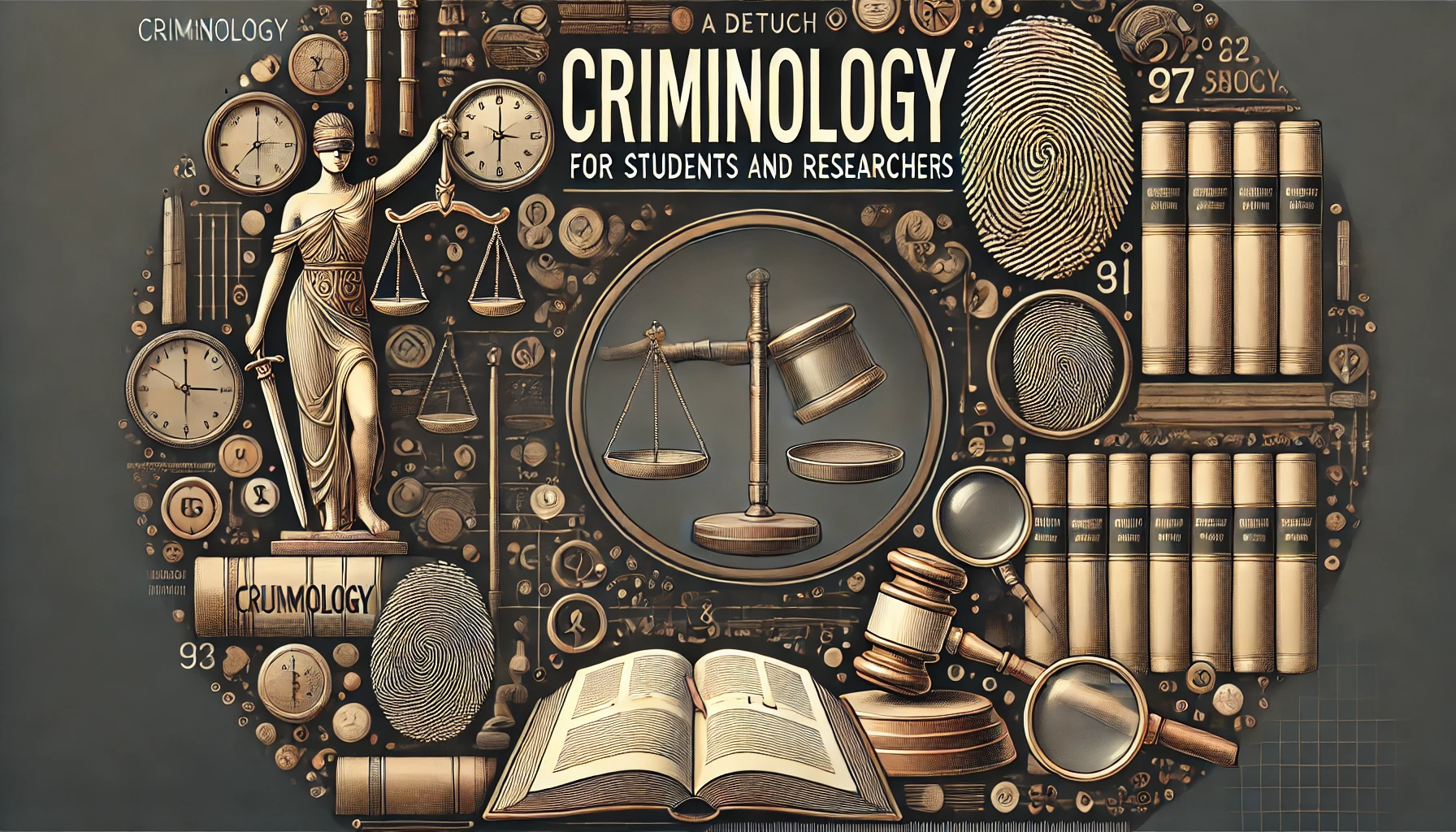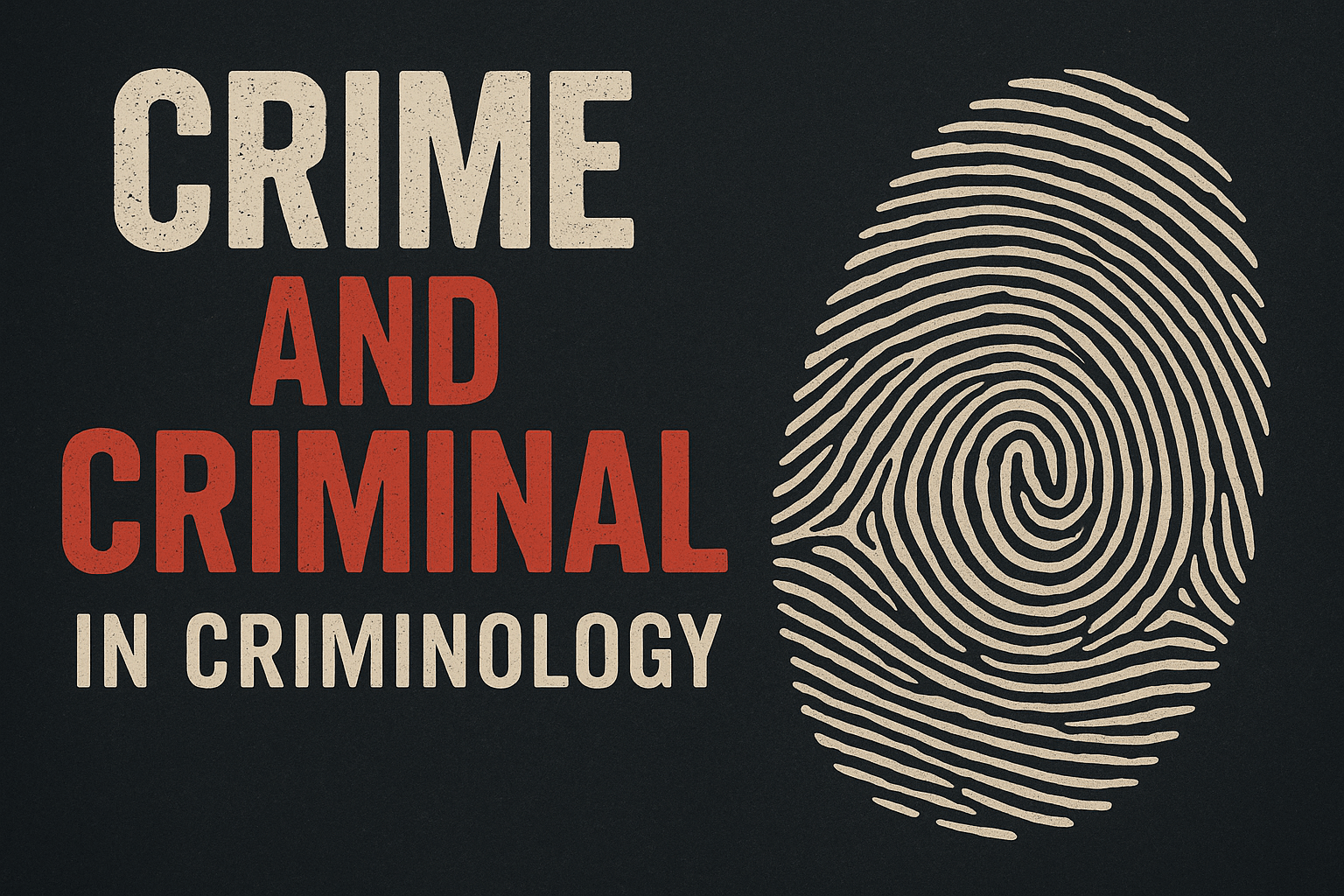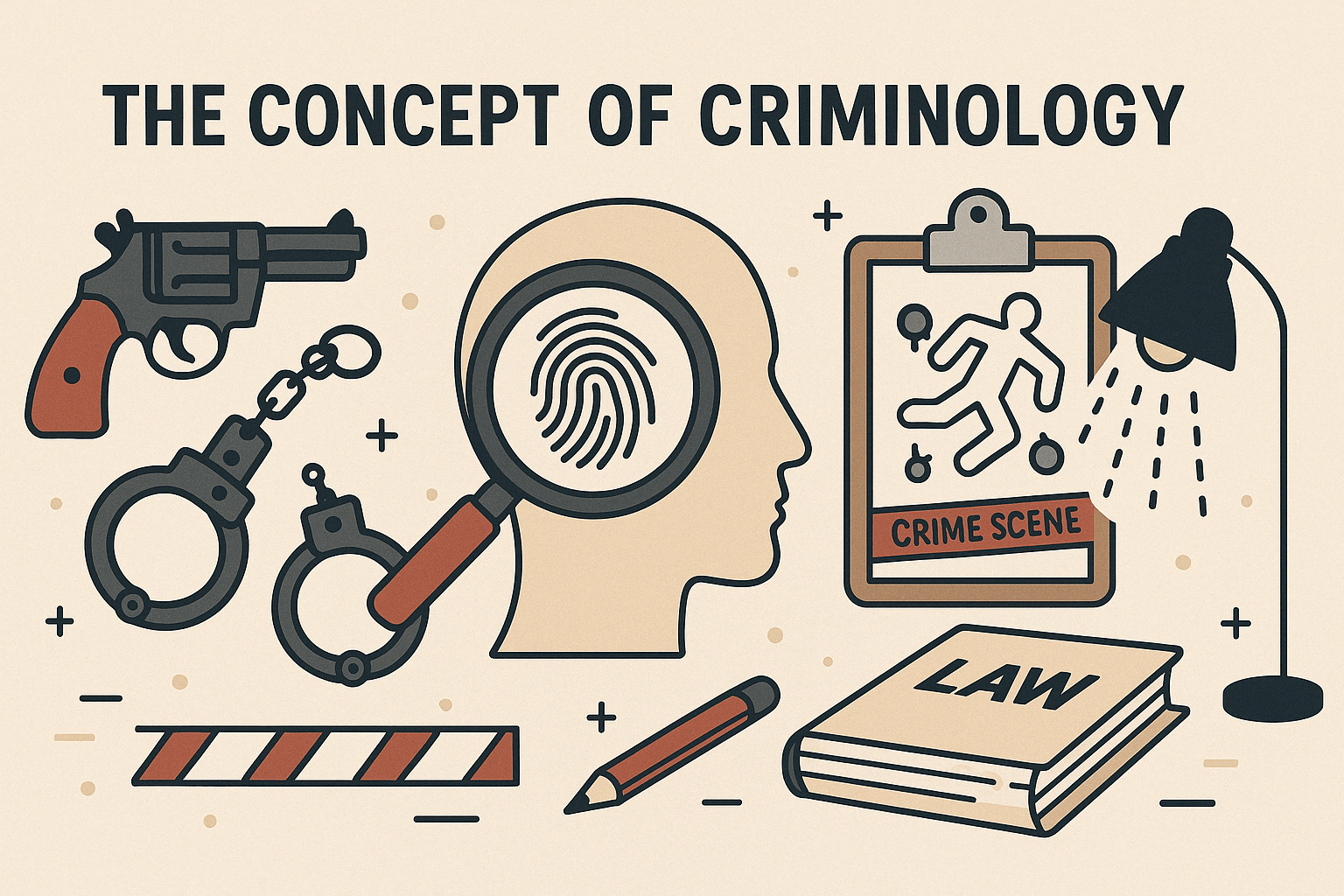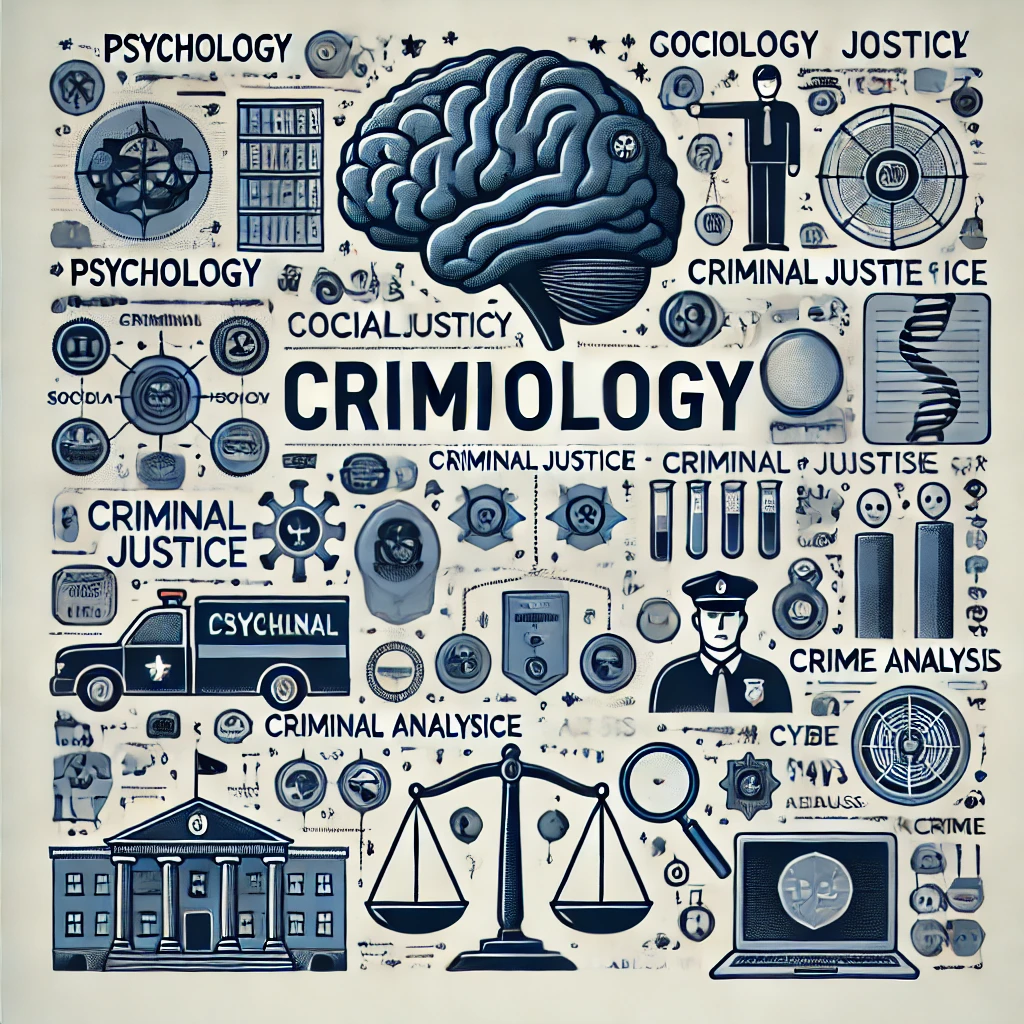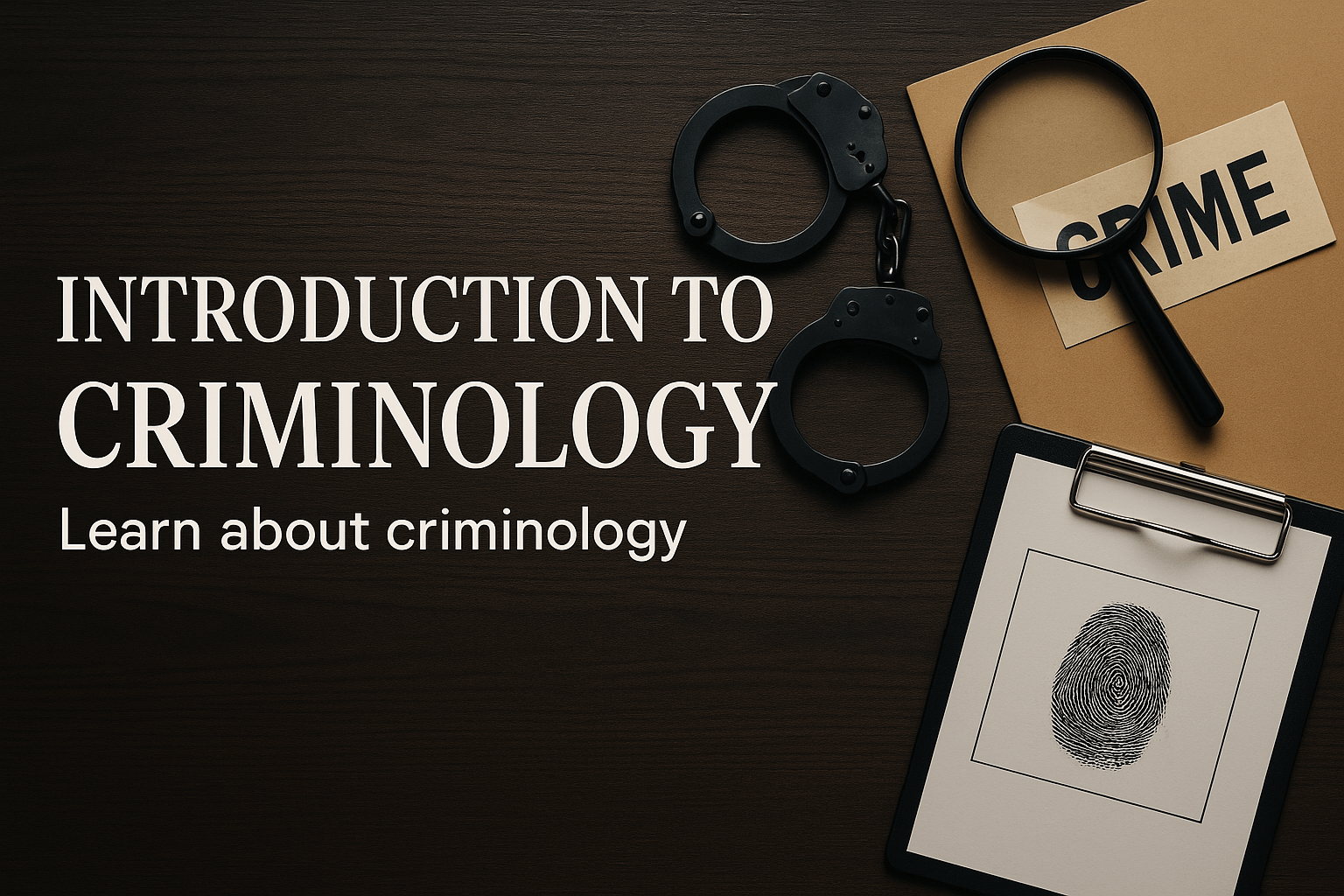History of criminology : The historical journey of criminology
Introduction : History of criminology Criminology is a multidisciplinary field that seeks to study crime, its causes, and effective methods of prevention. As a science, it focuses on understanding criminal behavior in social, psychological, and legal contexts, making it a crucial tool for researchers and policymakers. The historical journey of criminology reflects the evolution of … Read more




